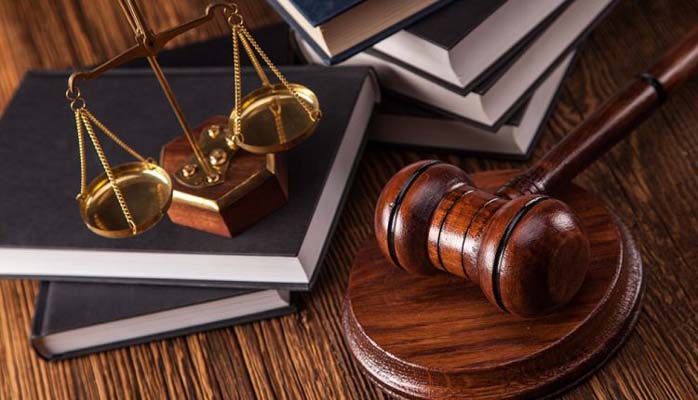Common Misconceptions About Criminal Defense And The Criminal Justice System
As a criminal defendant, it is essential to understand your rights and navigate the criminal justice system to ensure a fair trial. However, many misconceptions about criminal defense and the criminal justice system can make this process more difficult. In this blog post, we will explore some of the most common misconceptions and provide accurate information to help you better understand the criminal justice system.
Misconception #1: Criminal defense attorneys are not necessary
One of the most prevalent misconceptions about criminal defense is that legal representation is not necessary. Many people believe that they can represent themselves in court and achieve the same outcome as if they had an attorney. However, this could not be further from the truth. Legal representation is crucial in criminal trials, as attorneys have the knowledge and experience to navigate the complex legal system and protect your rights.
Importance of legal representation
Criminal defense attorneys have the training and expertise to understand the law and the criminal justice system. They can help you understand the charges against you and the potential consequences of your actions. Additionally, they can help you build a strong defense, call witnesses on your behalf, and negotiate a plea bargain if appropriate. Having a qualified attorney by your side can significantly increase your chances of a favorable outcome.
Role of public defenders
If you cannot afford to hire a private attorney, the public defender’s office can provide legal representation. Public defenders are appointed by the court and are experienced attorneys who can provide the same level of legal representation as a private attorney. However, due to the high volume of cases that they handle, they may not have as much time to devote to your case as a private attorney would.
Misconception #2: The criminal justice system is fair and unbiased
Another common misconception is that the criminal justice system is fair and unbiased. However, there are many structural issues within the system that can lead to a lack of fairness and bias.
Impact of systemic issues on criminal trials
Systemic issues, such as poverty, race, and socioeconomic status, can have a significant impact on criminal trials. People from marginalized communities are disproportionately represented in the criminal justice system, and they often receive harsher sentences than their more affluent counterparts. These systemic issues can lead to a lack of fairness and bias in the criminal justice system.
Importance of addressing structural inequalities
It is important to recognize and address the structural inequalities that exist within the criminal justice system. This includes working to eliminate bias in the criminal justice system, and addressing the underlying social issues that contribute to crime. Additionally, it is important to ensure that all defendants have access to a fair and impartial trial, regardless of their background.
Misconception #3: Criminal defendants are guilty until proven innocent
Another misconception about criminal defense and the criminal justice system is that defendants are guilty until proven innocent. However, this is not the case. Under the law, defendants are considered innocent until proven guilty.
Burden of proof in criminal trials
In criminal trials, the burden of proof lies with the prosecution. They must prove that the defendant is guilty beyond a reasonable doubt. This means that the prosecution must provide enough evidence to convince a jury that the defendant is guilty. It is not the defendant’s responsibility to prove their innocence.
Importance of understanding the concept of “innocent until proven guilty”
It is important to understand the concept of “innocent until proven guilty” to ensure that defendants receive a fair trial. This principle is a fundamental aspect of the criminal justice system and is protected by the Constitution. It is essential to ensure that defendants are not unjustly convicted or held responsible for a crime they did not commit.
Conclusion
In conclusion, there are many misconceptions about criminal defense and the criminal justice system. It is important to understand your rights and navigate the criminal justice system to ensure a fair trial. By understanding the misconceptions and the importance of legal representation, the role of public defenders, the impact of systemic issues on criminal trials, and the principle of innocent until proven guilty, you can better protect your rights. For more information, check out the services of Sexner & Associates.


